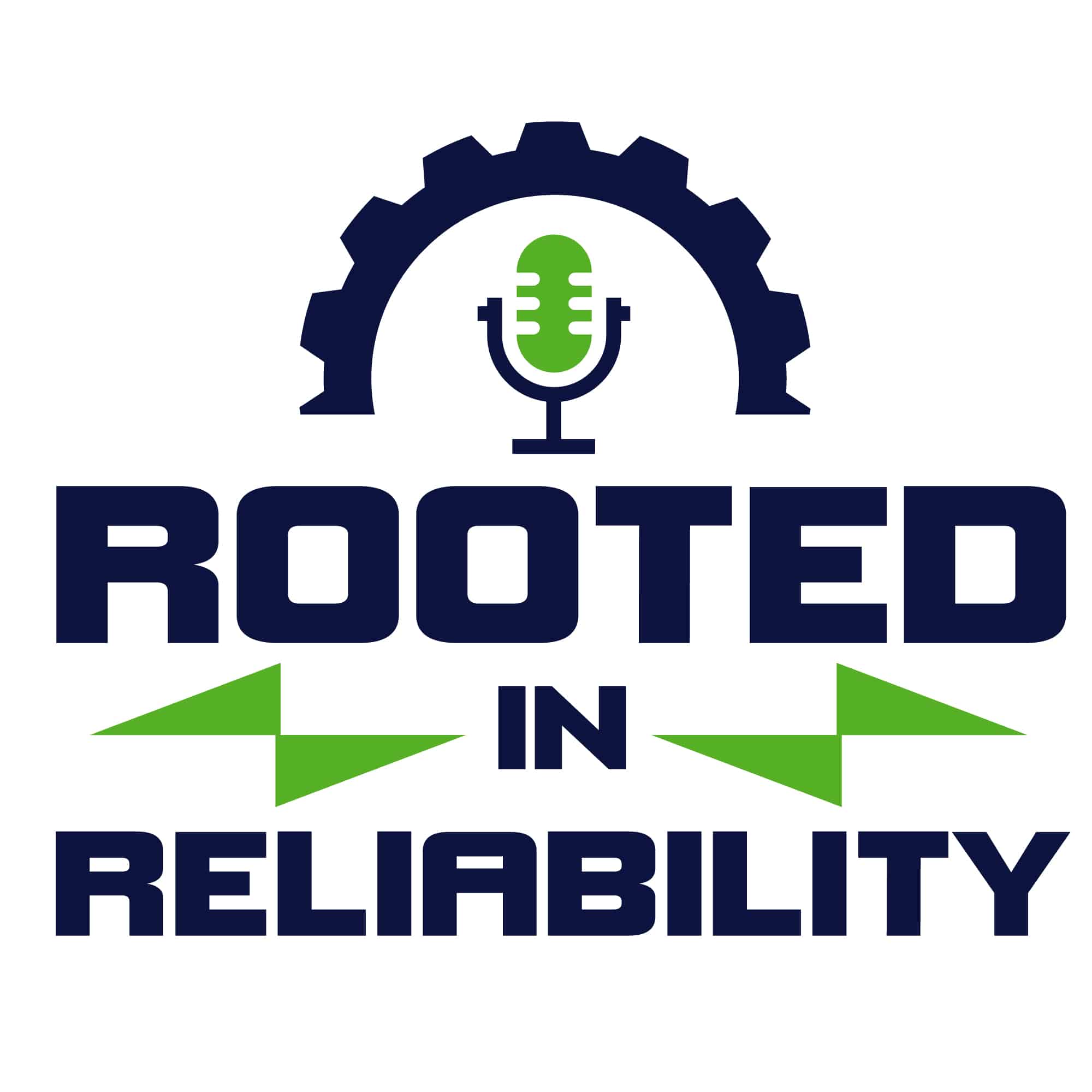
RCAM with Richard Overman
This episode revolves around the book titled as Reliability Centered Asset Management by Richard Overman. It is based on using the principles of reliability centered maintenance to manage your assets. It helps you understand the processes involved in managing your assets effectively by finding answers to questions such as; how or why your assets are failing? What are the consequences of those failures? And how to take actions to prevent those failures from occurring in the first place. It is based on the application of RCM principles to ensure reliability through-out the lifecycle of the asset.
The points addressed in this podcast highlight:
- How or why are your assets are failing?
- What are the consequences of those failures?
- How do you take actions to prevent those failures from occurring in the first place?
So with RCAM, you are not just doing maintenance. You are applying RCM principles to get what you need from your assets at every stage of their life span. The level of reliability can be defined by taking into account the room of unreliability at every stage. Unreliability in stages such as asset design will help you to account for the additional unit production within that facility to compensate for the design flaws of that particular asset. This idea can be applied to set goals for other stages such as installation and operation. Once that’s done, you can put guidelines in place to ensure the achievement of those set goals.
With this, you can also put accountability procedures in place to do what needs to be done to stay ahead in terms of cost management and controlling other aspects of the asset management in the long run. As you advance from the design phase towards installation and so on, you need to set standards for acceptability tolerances within that particular phase and then make sure that you put efforts into making sure that tolerances are met while applying those set procedures and standards every step of the way. In this fashion, you will always be prepared to mitigate any failures and always stay ahead of the curve in the process.
Having good processes and effective procedures is always helpful but successful enforcement of those policies is what makes the real difference. This can be made sure by making it the part of the managers’ job descriptions to uphold set goals within every department so that the unreliability is managed properly at all times. That way, you will have accountability in the system if the set goals aren’t met or policies and procedures are violated. Another thing that needs to be managed is individual goals within the organization and you will have to use needs analysis to identify those.
You can ensure this by providing training and having the right people at the right places. It would be the responsibility of the reliability managers to accomplish the set goals while making sure that everyone understands those goals. They are the champions who have to look at everything from a reliability centered perspective and develop a culture to have a sustainable asset management program. It always starts from the willingness to learn and improve, and the small changes in the thought process of the organization make all the difference in the end.
Eruditio Links:
Richard Overman Links:
- Reliability Centered Asset Management by Richard Overman
- Richard Overman’s eMail richo@coreprinciplesllc.com

Rooted In Reliability podcast is a proud member of Reliability.fm network. We encourage you to please rate and review this podcast on iTunes and Stitcher. It ensures the podcast stays relevant and is easy to find by like-minded professionals. It is only with your ratings and reviews that the Rooted In Reliability podcast can continue to grow. Thank you for providing the small but critical support for the Rooted In Reliability podcast!
 Ask a question or send along a comment.
Please login to view and use the contact form.
Ask a question or send along a comment.
Please login to view and use the contact form.
Rich’s email has been changed to richo@coreprinciplesllc.com.